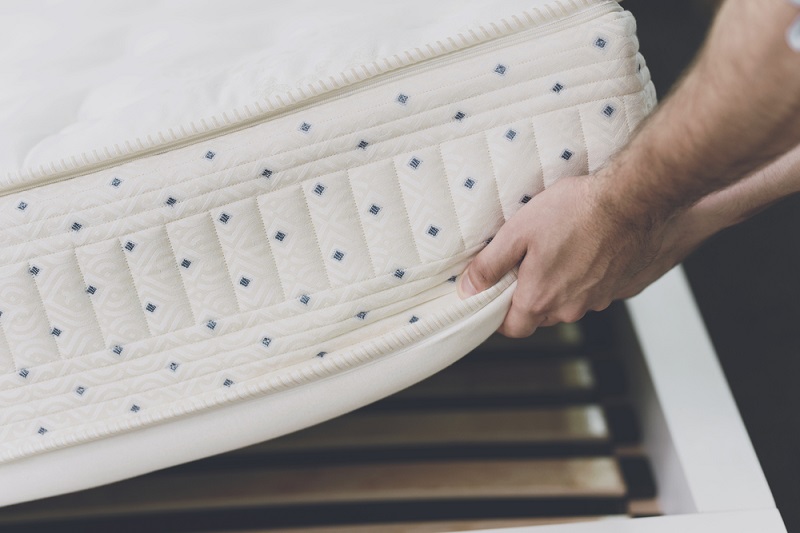Having the right mattress can have a significant effect on how well-rested you feel. This can also affect your work performance and overall mood. However, deciding the “right mattress” can be a bit tough. There are a myriad of different mattresses out there, so it can be a bit troublesome to try and choose a single mattress as the best one.
Thankfully, choosing a mattress isn’t rocket science. All you have to do is look for the different aspects surrounding mattresses and see which ones fit the bill. There isn’t a single mattress that is universally good for everyone. Certain mattresses will benefit certain people. It’s better to go for a mattress that you think is right for you than one based on someone else’s preferences. With that in mind, let’s get started!
Soft Mattresses vs Firm Mattresses
The hardness of the mattress has a direct effect on how beneficial it can be. Both soft and firm mattresses provide an entirely different experience, which can be useful for different situations. It’s important to keep in mind that they will have their respective uses and benefits. Thus, one mattress type might be more suitable for one situation but may not be suitable for another. Here are some of the basic aspects to each mattress type that will help you get a clearer picture:
Soft Mattress
Soft mattresses are much more comfortable than firm mattresses. They provide a great amount of support to your back. This is especially great for the elderly and anyone with chronic back pain issues.
Soft mattresses are also better for light naps and small bouts of sleep. If you sleep on them for longer periods of time, they can end up sinking. This means that you will have to flip the mattress over frequently for prolonged use.
Firm Mattress
Firm mattresses are much harder than soft mattresses. They can be much better at providing solid back support. They can efficiently distribute the pressure applied to your spine over a large area. This is great if you’re looking for better spine support.
While these mattresses might be troublesome for people with back issues, they work well for keeping a neutral spine position. However, they are slightly less comfortable than soft mattresses and can cause discomfort to your lower back.
What to Look For in Mattresses
There are certain aspects that you can look for to make it easier for you to decide between soft and hard mattresses. This will help you differentiate between all the pros and cons of each mattress and figure out which one is the most viable for you.
Back Support
Both of these mattresses will provide different kinds of back support to you. Softer mattresses will provide less direct support to your back and are ideal for anyone who suffers from back pain. However, they may feel uncomfortable for people with normal back function.
Firmer mattresses will provide a good neutral back position, which is best for most people but not ideal for people suffering from scoliosis, rheumatism or arthritis.
Sleeping Position
Different mattresses are ideal for different sleeping positions. Owing to their softness, soft mattresses are ideal for sleeping on your side or in the fetal position. This is because there’s less pressure applied to your arms, elbows, and ribcage.
Likewise, with firmer mattresses, it’s more ideal to sleep in the basic sleeping position. Since firm mattresses provide a good neutral back support, you’re better off sleeping face up with your back lying flat on the mattress. However, one thing to keep in mind is that firm mattresses are not good at providing lower back support, so sleeping on your sides isn’t really a good idea.
Durability
Hard and soft mattresses have different levels of durability to them. Firmer mattresses tend to last a longer period of time. Their foam density makes sure they aren’t as depressed over time with use. You will probably have to flip them once or twice a year, but that’s it.
Comparatively, softer mattresses have a much shorter lifespan than firm mattresses. They have a relatively low foam density, which can result in the mattress wearing out quickly. Extended use of soft mattresses will also allow them to sag or become excessively lumpy.
You will have to consider durability and take into account your usage time. For longer periods of time, it’s best to go with firm mattresses, while soft mattresses work well for shorter periods.

